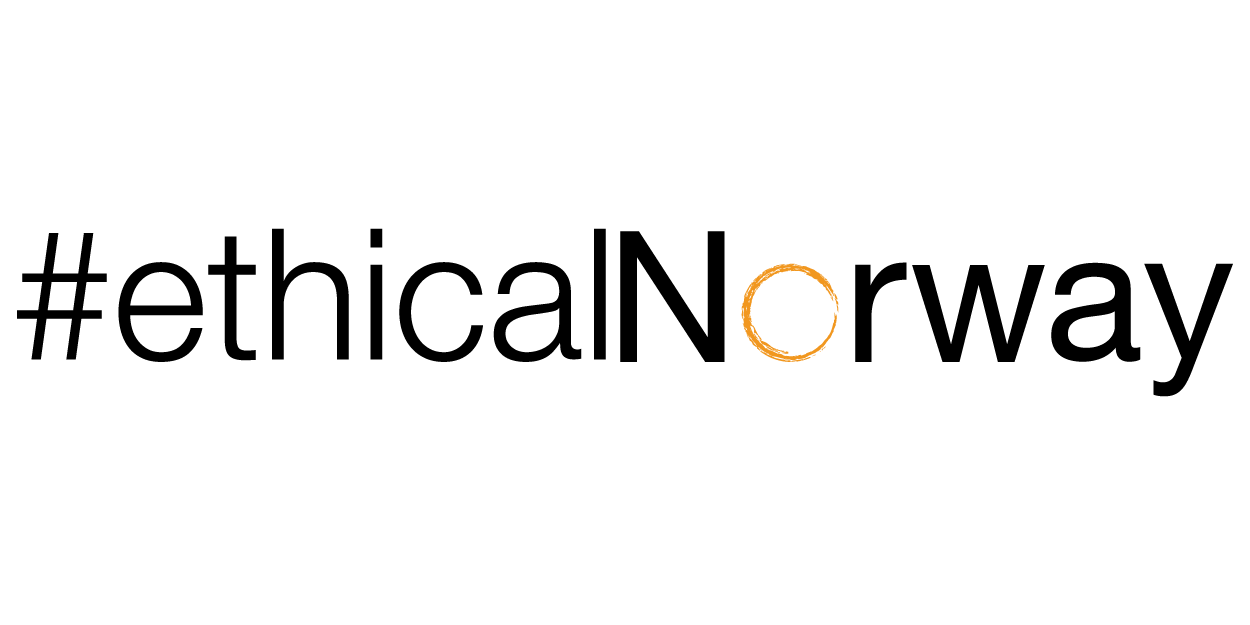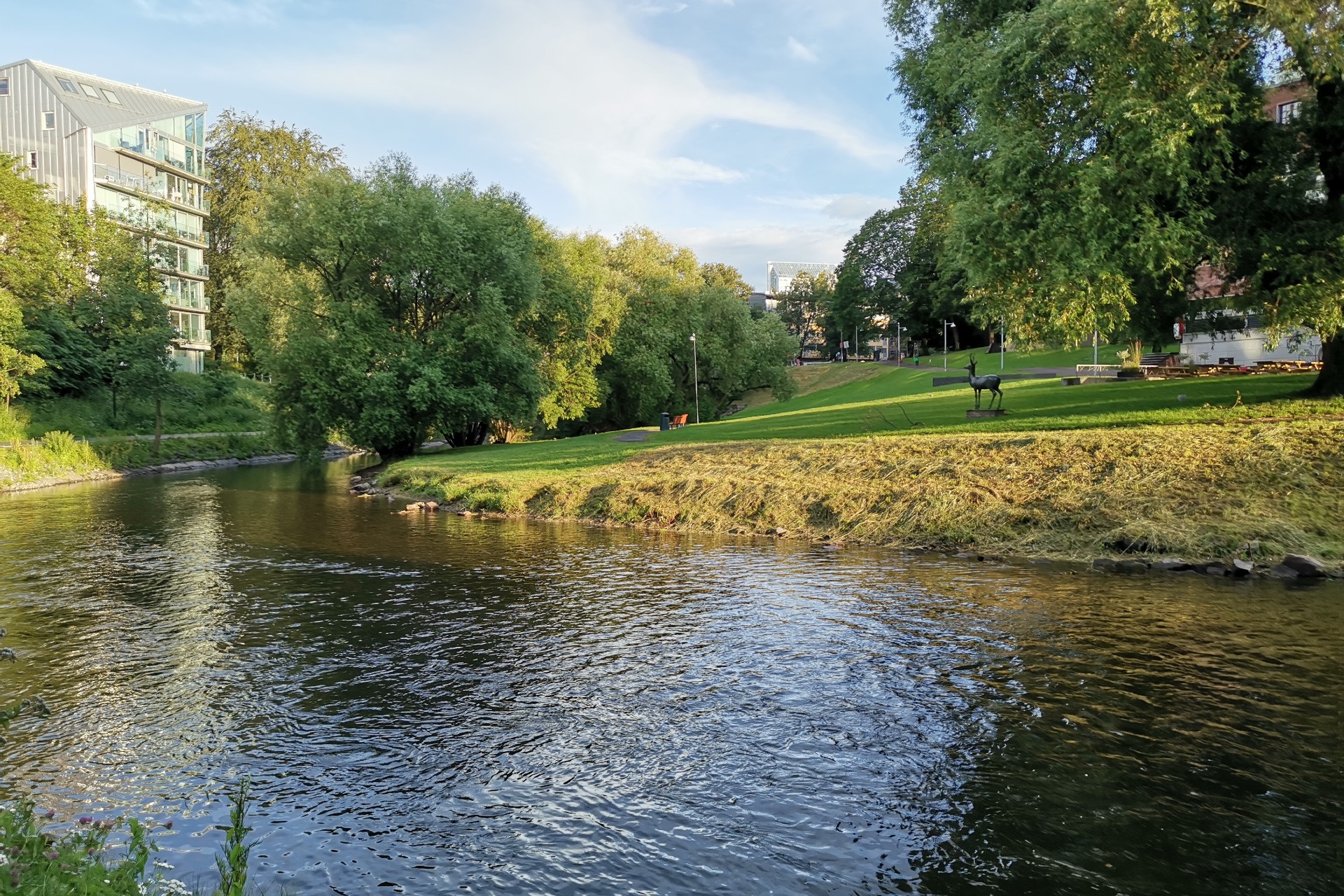
How to Travel Ethically Through Norway
Travel is back, and it’s more important than ever that we fill our trips with good intent, both for ourselves and our hosts. Scandinavia is synonymous with healthy living, getting close to nature, and enjoying the simpler things in life, and we want to help travellers dive straight into this ethos. Here are a few tips to travel ethically and sustainably through our beloved Norway.
Go off-piste
It’s much more fun to skirt around the edges of a destination rather than diving into the usual hotspots. At Ethical Norway, we work hard to explore the phenomenal wealth of experiences and landscapes on offer to avoid crowds. Of course, this improves your experience, but it’s also better for your hosts. Overcrowding damages places environmentally and culturally, disturbing the natural and social fabric of a destination. In 2018, this was such a worry that “overtourism” was shortlisted for the Oxford English Dictionary’s word of the year. Going off-piste is the future of travel.

Embrace slow and local food
According to the University of Oxford, what we eat, and drink is responsible for a quarter of global carbon emissions. Cutting meat and dairy can reduce your carbon “foodprint” by up to two-thirds. Going local is often the best approach, particularly in Norway, where there’s a solid slow food movement. Like slow travel, the slow food concept leans on more traditional ways of growing and cooking food – organic, seasonal, local, and void of the harmful ingredients like palm oil and soy that so much of our global food system now relies on. In Norway, this involves tasting cheese on the mountainsides grazed by cows or catching a fish and cooking it over a fire at dusk. This type of food is also more experiential – it’s as much about the growing and heritage as eating.
Ditch plastic
Experts predict that as soon as 2030, there may be more plastic than fish in the sea. Besides the plastic waste we see daily, microplastics are a considerable problem and come from washing synthetic materials and some cosmetics. Always check that your sun cream and cosmetics are void of microplastics, pack reusables, and reject single-use plastic along the way. The more we all push back, the less businesses will rely on this substance so quickly destroying our ocean life system. Even if you’re holidaying miles away from the ocean, that’s where it sadly ends up.
Plan an eco road trip
Road tripping around Norway offers complete and utter freedom – with a car or van at your disposal, it’s easy to reach those untouristed towns and unchartered wilderness. We like to nudge our clients towards electric vehicle rental to help reduce carbon emissions. Norway is the EV capital of the world, which makes logistics easier. There are over 16,000 charging stations across the country. In fact, this is the perfect place to trial an electric car experience. Packing light, ensuring your car is well maintained with pumped up tyres, stopping off for longer each time, and avoiding rush hours also helps to reduce the environmental impact of your road trip.
Use local guides
One of the many reasons we travel is to immerse ourselves in new perspectives, cultures, and ideas, and the best way to do that is by meeting and chatting with Norwegians. At Ethical Norway, this is a huge priority – we’re always shocked by how many trips and tours involve little of the people that live here. Our local guides love nothing more than sharing a little of their lives with you, so you go home feeling close to people and places.
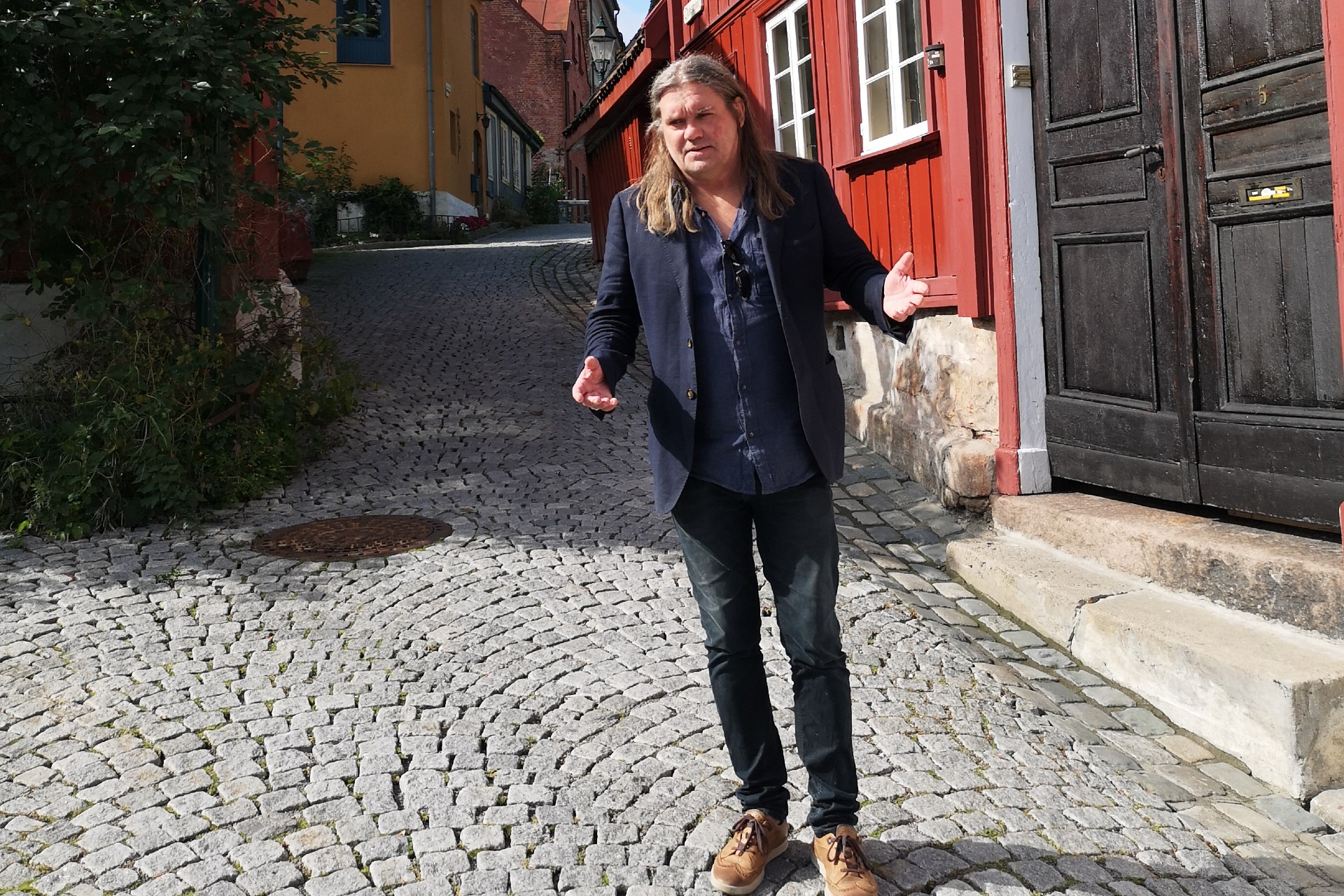
Support locally owned businesses.
Large-scale marketing and PR campaigns often direct travellers towards internationally owned properties, tour operators, and restaurants sending money to big corporations. By spending a little time uncovering locally owned businesses or using expert help like Ethical Norway, you will not only have a more authentic experience but will be sending your money to local people doing good. One of our favourites is Skagakaia; a guesthouse passed down generations in Bø in Vesterålen on the west side of Langøya. It’s an island that few tourists make it to, but those that do instantly fall for its midnight sun and slow pace.
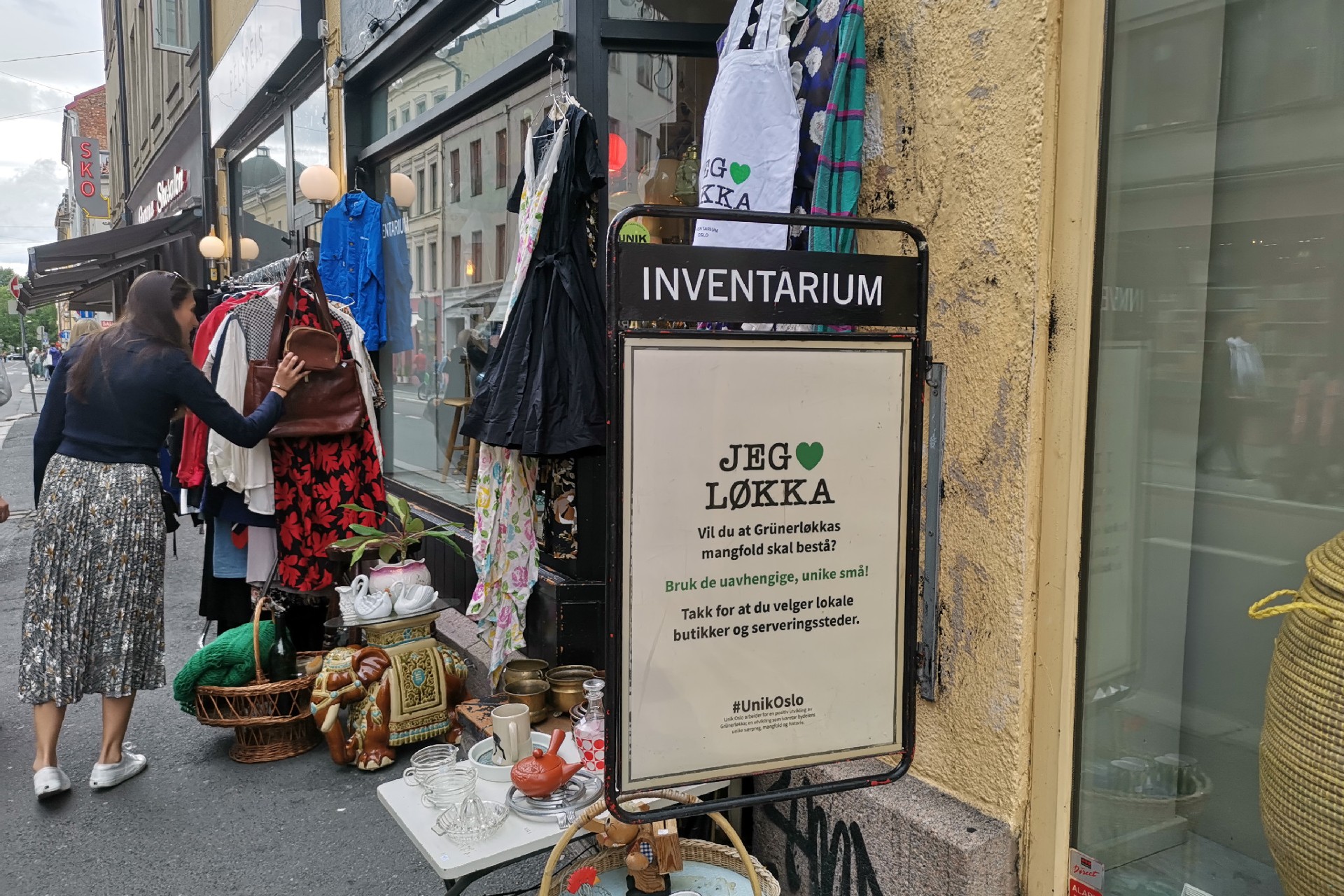
Reduce your carbon footprint
We look for a positive impact on people and place in every itinerary we curate, taking the burden off our guests that can sit back and enjoy the adventure. Luckily, a few small actions not only reduce the carbon footprint of each trip but makes it more enjoyable. This includes prioritising places, attractions, and accommodations with a recognised certification, including Blue Flag, Green Key, and Ecotourism Norway. Public transport is also a consideration. The Bergen Railway, Rauma Railway, and the Nordland Railway are some of the most stunning in the world. Fjords are best hopped by ferry from ports like Kristiansund, Trondheim, and Bodø.
Choose green destinations
Sustainability is often synonymous with nature and wilderness, but Norway is lucky to have some of the greenest cities in the world, too. Oslo is the emerald jewel, selected as European Green Capital in 2019. There aren’t many capital cities that can be easily explored by bike, kayak, or even a swim. Electric bike hire is the perfect way to whizz between museums, galleries, and up into the woods beyond. Oslo is also home to Himkok, voted the world’s most sustainable bar in 2018, and Rest, which makes world-class meals purely from leftovers.
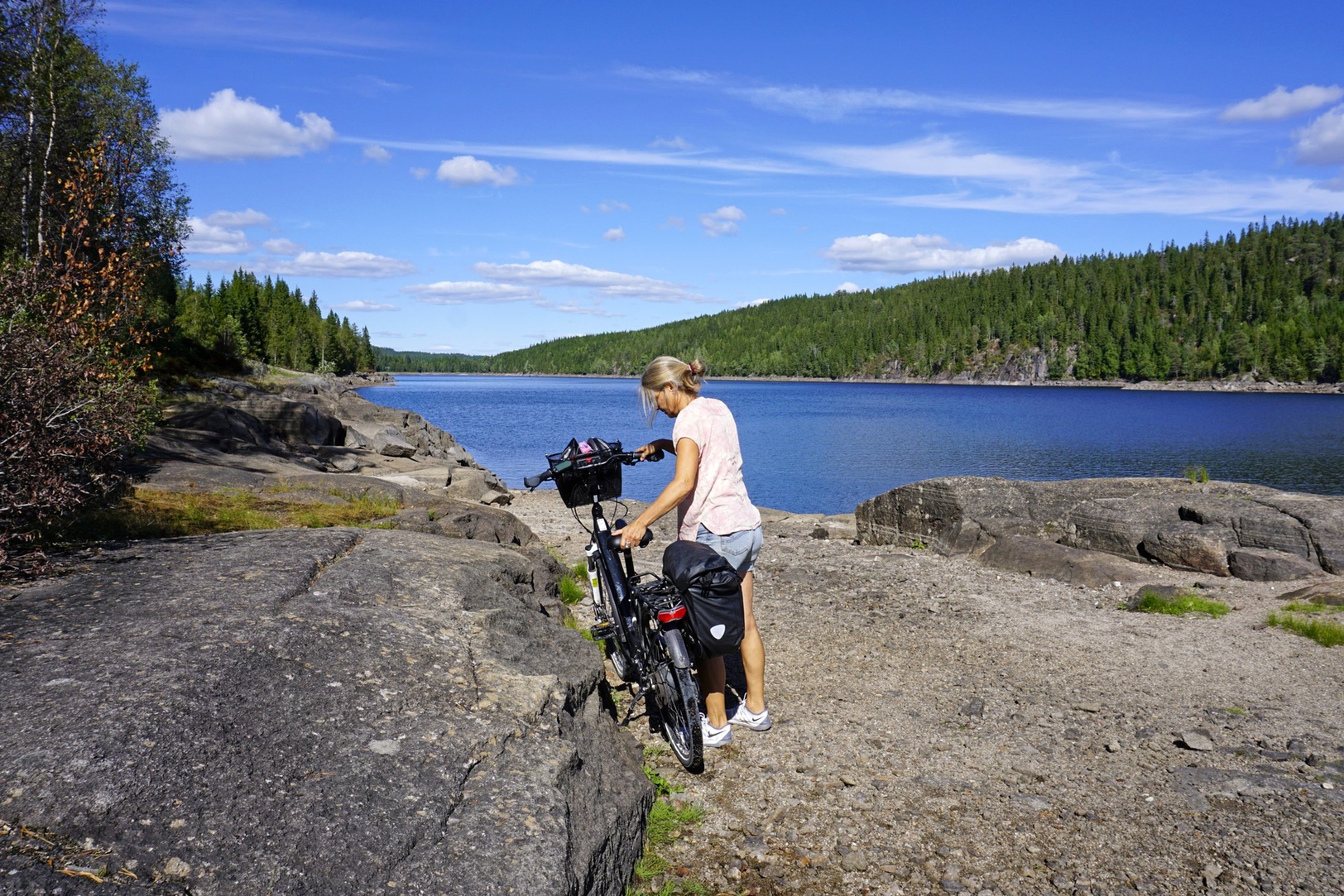
Consider going overland
Hopping on a plane is one of the most carbon-intensive things we can do as individuals, so it’s worth considering an overland adventure. Going overland is often a revelation rather than adding hassle to a trip – all those borders, landscapes, and places we usually whizz over high in the sky provide a fascinating insight into cultures and geography. If travelling from the UK, it’s possible to get the train or drive to Puttgarden in Germany, where a ferry travels over to Rødby in Denmark. From there, it’s possible to drive, bus, or train into Norway. Not for everyone, but if you have the time, why not? Climate Perks is a campaign to get employers to give employees extra time off for overland travel.

